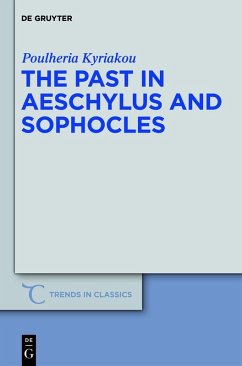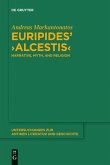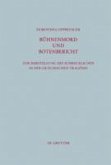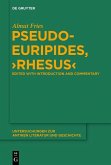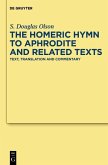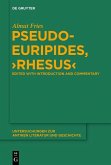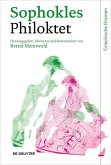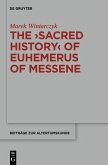The book studies the past of the characters in Aeschylus and Sophocles, a neglected but crucial topic. The characters' beliefs, values, and emotions bear on their view of the past. This view reinforces their beliefs and their conception of themselves and others as agents of free will and members of a family and/or community. The study reveals that, although the characters' idea of the past is fixed, the impact of the past is not. The characters consider, review, and construct narratives of it, as they seek to mould a future they perceive as morally just for themselves and others.
Dieser Download kann aus rechtlichen Gründen nur mit Rechnungsadresse in A, B, BG, CY, CZ, D, DK, EW, E, FIN, F, GR, HR, H, IRL, I, LT, L, LR, M, NL, PL, P, R, S, SLO, SK ausgeliefert werden.
Hinweis: Dieser Artikel kann nur an eine deutsche Lieferadresse ausgeliefert werden.

